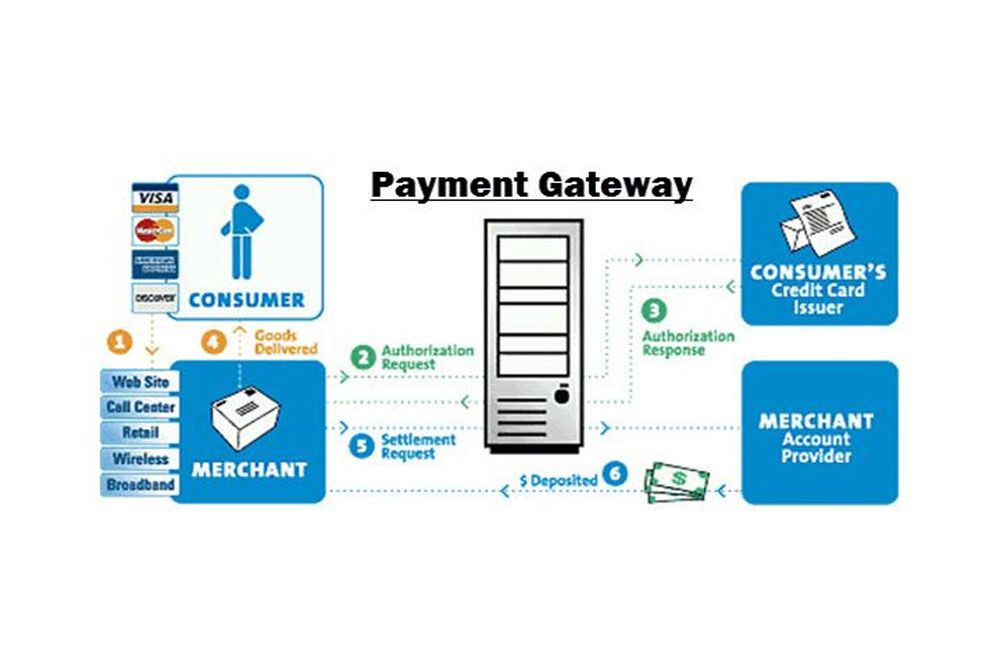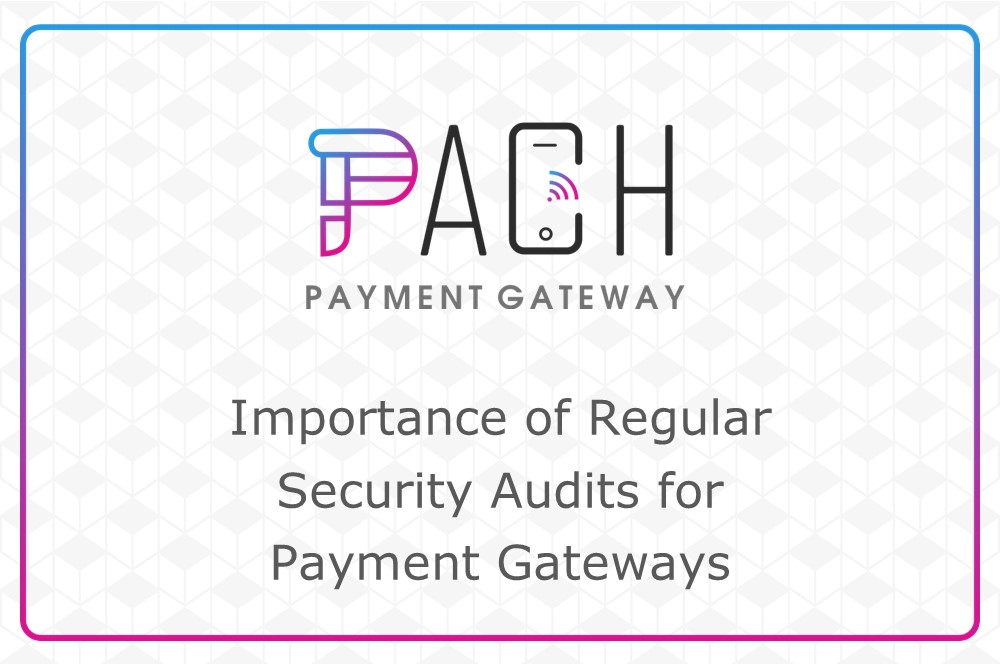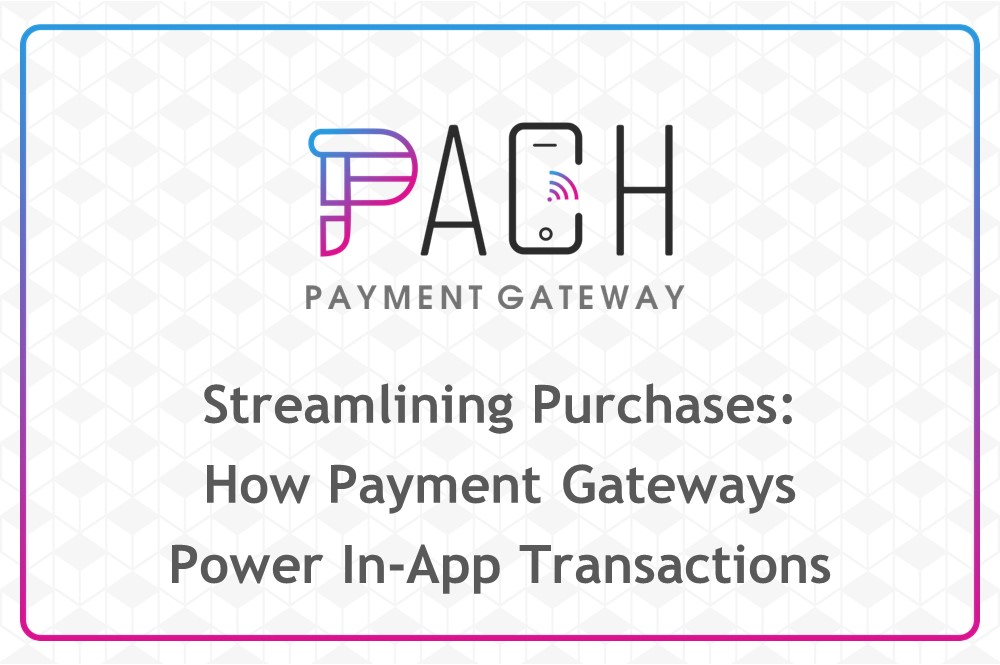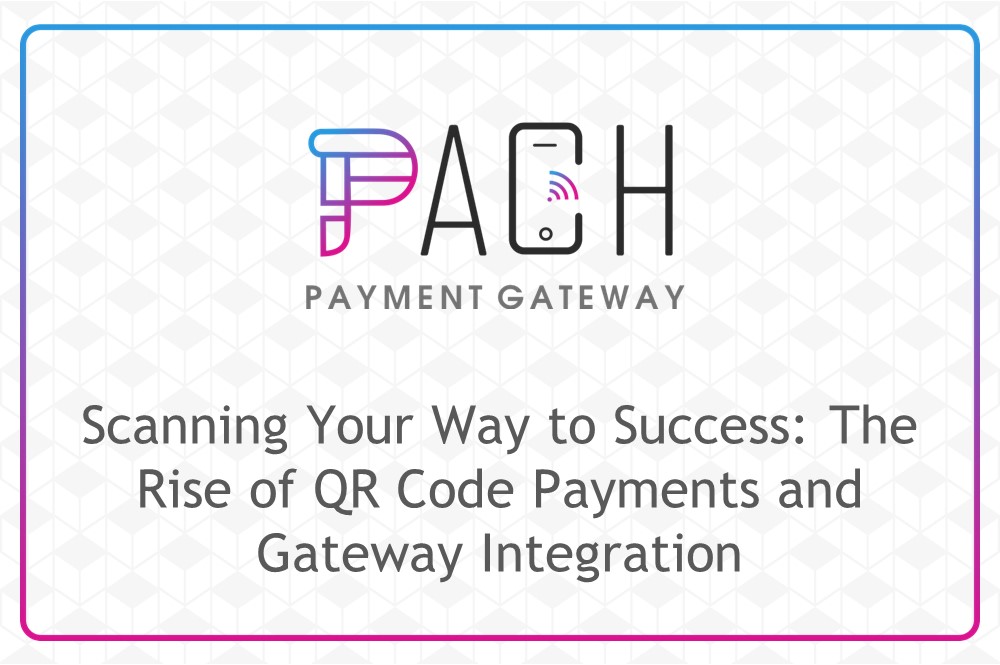Staying Compliant with PCI-DSS Standards as a Payment Gateway Merchant
Jul 10, 2025 - 2 MINS READ
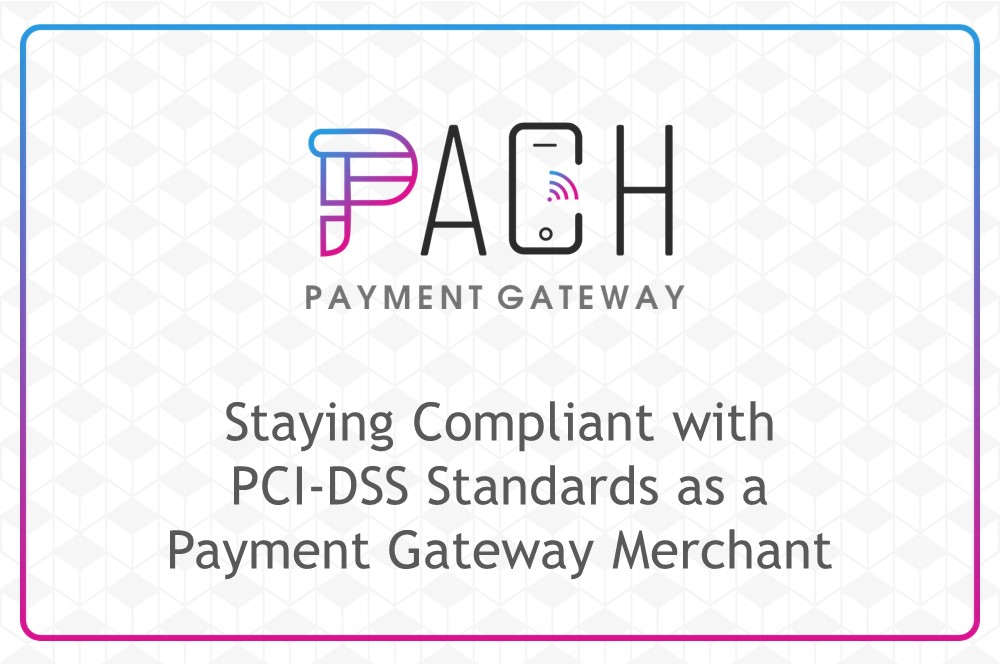
In the ever-evolving world of eCommerce, maintaining the security of payment information is paramount. The Payment Card Industry Data Security Standard (PCI-DSS) is a set of security standards designed to ensure that all companies that accept, process, store, or transmit credit card information maintain a secure environment. For payment gateway merchants, staying compliant with PCI-DSS is not just a regulatory obligation but a critical step in protecting customer data and maintaining trust.
Understanding PCI-DSS Standards
PCI-DSS was developed by major credit card companies including Visa, MasterCard, American Express, Discover, and JCB. The standards cover a wide range of security measures, from maintaining secure networks and protecting cardholder data to implementing strong access control measures and regularly monitoring and testing networks. Compliance is mandatory for any business that handles card payments.
Importance of PCI-DSS Compliance
1. Protecting Sensitive Data
The primary objective of PCI-DSS is to protect cardholder data. Payment gateway merchants handle vast amounts of sensitive information, including credit card numbers, expiration dates, and CVV codes. Non-compliance can lead to data breaches, exposing this information to cybercriminals and resulting in significant financial losses and reputational damage.
2. Building Customer Trust
Customers need assurance that their payment information is secure. By staying compliant with PCI-DSS standards, merchants demonstrate their commitment to safeguarding customer data. This commitment helps build trust, which is essential for retaining existing customers and attracting new ones.
3. Avoiding Financial Penalties
Non-compliance with PCI-DSS can result in hefty fines from credit card companies and regulatory bodies. In addition to these fines, businesses may face higher transaction fees and increased scrutiny from financial institutions. Staying compliant helps avoid these financial penalties and the associated business disruptions.
4. Mitigating Fraud and Chargebacks
PCI-DSS compliance includes measures to detect and prevent fraud. By implementing these standards, merchants can significantly reduce the risk of fraudulent transactions and chargebacks. This reduction not only protects the business financially but also enhances overall customer satisfaction.
Steps to Achieve and Maintain PCI-DSS Compliance
1. Assess Your Current Security Measures
The first step towards compliance is to conduct a thorough assessment of your current security measures. Identify any gaps in your security protocols and determine the specific requirements you need to meet based on your transaction volume and the type of data you handle.
2. Implement Required Security Controls
Once gaps are identified, implement the necessary security controls to address them. This process may involve upgrading your network security, encrypting stored cardholder data, and ensuring that your payment gateway software is regularly updated to protect against vulnerabilities.
3. Maintain a Secure Network
Maintaining a secure network is a cornerstone of PCI-DSS compliance. This includes configuring firewalls to protect cardholder data, regularly updating anti-virus software, and monitoring network activity for suspicious behavior. Ensure that your network infrastructure is robust and capable of defending against cyber threats.
4. Regularly Test Security Systems
Regular testing is crucial to ensure that your security measures are effective. Conduct vulnerability scans, penetration tests, and security assessments to identify and address potential weaknesses. Document these tests and any remediation efforts to demonstrate compliance.
5. Train Employees on Security Practices
Employee awareness is a critical component of PCI-DSS compliance. Provide regular training on security best practices, including how to handle cardholder data, recognize phishing attempts, and respond to security incidents. Empower your staff to be the first line of defense against potential breaches.
Conclusion
Staying compliant with PCI-DSS standards is essential for payment gateway merchants. It ensures the protection of sensitive cardholder data, builds customer trust, avoids financial penalties, and mitigates fraud and chargebacks. By assessing current security measures, implementing required controls, maintaining a secure network, regularly testing security systems, and training employees, merchants can achieve and maintain PCI-DSS compliance. This commitment to security not only protects the business but also fosters a safe and trustworthy online shopping environment for customers.

